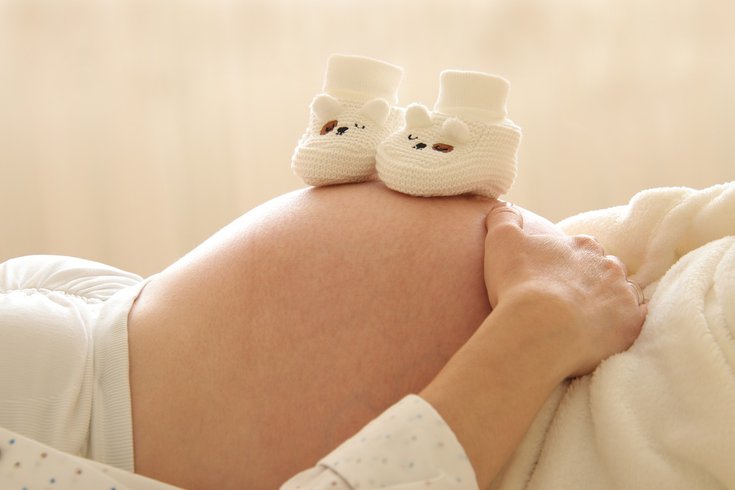
September 17, 2021
 Marjon Besteman/Pixabay
Marjon Besteman/Pixabay
The 3.6 million births in the U.S. in 2020 were the fewest since 1979 and marked a 4% decline from 2019.
The ongoing COVID-19 pandemic has had a significant impact on the U.S. birth rate, which fell to its lowest rate ever last year.
The results of a survey of 1,179 New York City mothers exemplifies the way the public health crisis has affected the family planning decisions of many couples.
Almost half of the mothers who were trying to conceive before the pandemic stopped within the first few months of the health crisis, New York University researchers say. Less than half of them were confident that they would resume trying once the pandemic ended.
Additionally, one-third of women who said they had been thinking about becoming pregnant before the pandemic – but hadn't started trying – reported they were no longer considering it.
"Our findings show that the initial COVID-19 outbreak appears to have made women think twice about expanding their families and, in some cases, reduce the number of children they ultimately intend to have," said Linda Kahn, an epidemiologist at New York University Langone Health
"This is yet another example of the potential long-lasting consequences of the pandemic beyond the more obvious health and economic effects."
She added that delays in pregnancy are concerning because pregnancy becomes riskier and more difficult to achieve at an older age, leading to increased health risks for the mother and her child. It also could increase the need for expensive fertility treatment.
Higher stress levels and greater financial insecurity were factors in these mothers' decisions about future children, the researchers noted. This suggests that additional financial support for families may be needed to address the country's declining fertility.
About 3.6 million babies were born in the U.S. last year, a 4% decline from the previous year and the lowest total since 1979, according to the U.S. Centers for Disease Control and Prevention. The general fertility rate fell to about 56 births per 1,000 women, the lowest rate on record.
The overall fertility decline in the U.S. actually started with the financial crisis of 2008, but previous research has shown the pandemic sharpened the decline.
Based on annual fertility trends, experts say there were about 300,000 fewer births in 2020. The biggest decline was seen in the last two months of the year, which corresponds with fewer conceptions at the beginning of the pandemic.
A 2020 survey by the Guttmacher Institute also found that 34% of women said they would delay getting pregnant – or have less children – because of the COVID-19 pandemic.
The Brookings Institution estimates that the U.S. will see as many as 500,000 fewer births in 2021, a 13% drop from the 3.8 million babies born in 2019. According to Time, there also has been an increase in requests for birth control since the beginning of the pandemic.
All of the women in the NYU study already had at least one child age 3 or younger, which may have influenced their decisions considering the challenges of caring for a young child during stay-at-home orders, Kahn said.
The study didn't account for unplanned pregnancies. In a commentary accompanying the study, Philip N. Cohen, of the Maryland Population Research Center at the University of Maryland, wrote that "in the U.S., a substantial portion of births results from unintended or mistimed pregnancies, and these are concentrated among disadvantaged women."
"The inability to predict, much less control, the trajectory of their lives leads many women to postpone the lifelong commitments implied by intentional births, but also makes unintentional pregnancy more likely," he wrote. "How the pandemic may have affected such births is not yet known. If mobility restrictions, unemployment, illness, care work burdens, and social distancing all reduced social interaction, coupled with increased motivation to prevent pregnancy, we may suspect unintended births will have declined as well."
The study was published in the JAMA Network Open. The survey began collecting data in mid-April 2020. The mothers were asked to recall their pregnancy plans before the pandemic and whether their plans had changed at the time of the survey.